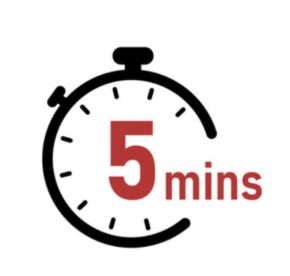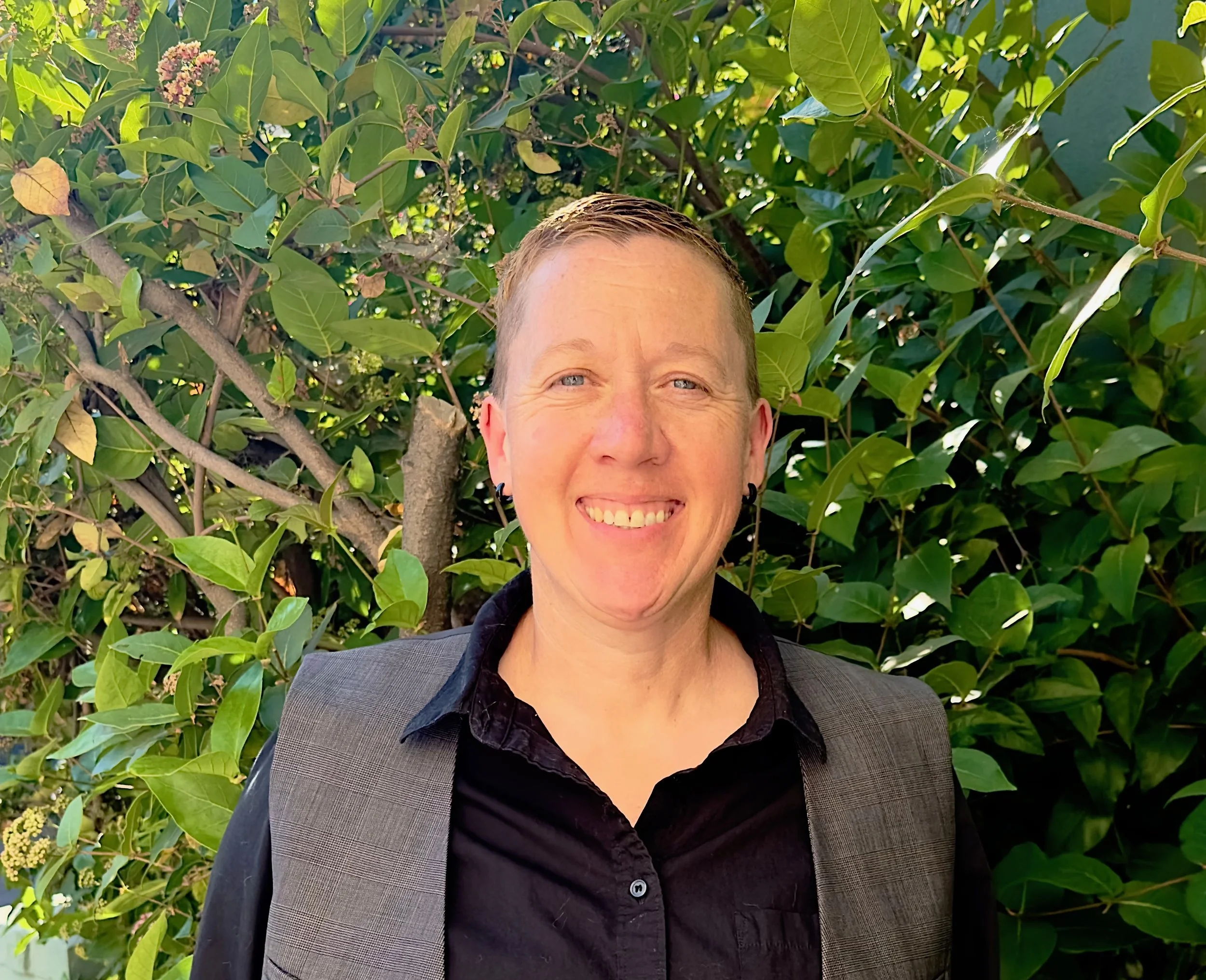
Enhancing the classroom experience 5-minutes at a time!
Introducing the The 5-Minute Project
The 5-minute Project is an innovative and evidence-based ways to make meaningful connections with and amongst your students. Researchers, Dr. Harly Ramsey and Dr. Julie Loppacher at the University of Southern California have been studying the impact of incorporating 5-minute self-regulation techniques into the classroom throughout the past 3 years and the results have been profound.
This student centered approach promotes skill-building and self-determination in a meaningful way without requiring educators to be mental health experts.
Meet Dr. Harly Ramsey
Harly Ramsey holds a Ph.D. in English, and her training in narrative theory, cultural studies, and rhetoric informs her teaching. Her teaching and scholarship foreground the concept of the citizen engineer and the formation of professional engineering identities. She developed and continues to work on Engineering Moment, a classroom-based podcast project about the social role of engineering, and Vision Venture, a co-curricular interactive video series exploring students’ engineering identities, agency, and purpose after graduation. She enjoys playing tennis and tackling the New York Times daily spelling bee puzzle, but not at the same time.
Meet Dr. Julie Loppacher
Dr. Julie Loppacher (she/they) serves as the Director of the University of Southern California’s Kortschak Center for Learning and Creativity and as an Assistant Adjunct Professor in the Rossier School of Education. In these roles, Dr. Loppacher is dedicated to fostering student growth by integrating exploration, skill development, and innovative problem-solving approaches to reimagine learning possibilities.
A passionate, equity-driven educator, Dr. Loppacher collaborates with faculty and students to cultivate an inclusive academic culture that honors the diversity of learners while actively dismantling barriers to success. With a background in educational psychology and career devoted to advancing inclusive education and disability support programs, they are committed to creating environments where students, staff, and faculty can thrive. Their work is grounded in research-driven strategies that promote accessibility in higher education—always with a spirit of curiosity, collaboration, and joy.
Getting Started
Defining Self-Regulation
“The control of one’s behavior through self-monitoring, self-evaluation and self-reinforcement.” American Psychology Association
Build your confidence
These strategies have been selected based on their impact and ease with which they can be incorporated into the classroom! No expertise is required, just the willingness to try something new and desire to support your students!
Small Changes Big Impact
With a commitment of just 5-minutes at the start of each class session, organization meeting, or workshop you can positively and profoundly impact the experience of those around you!


